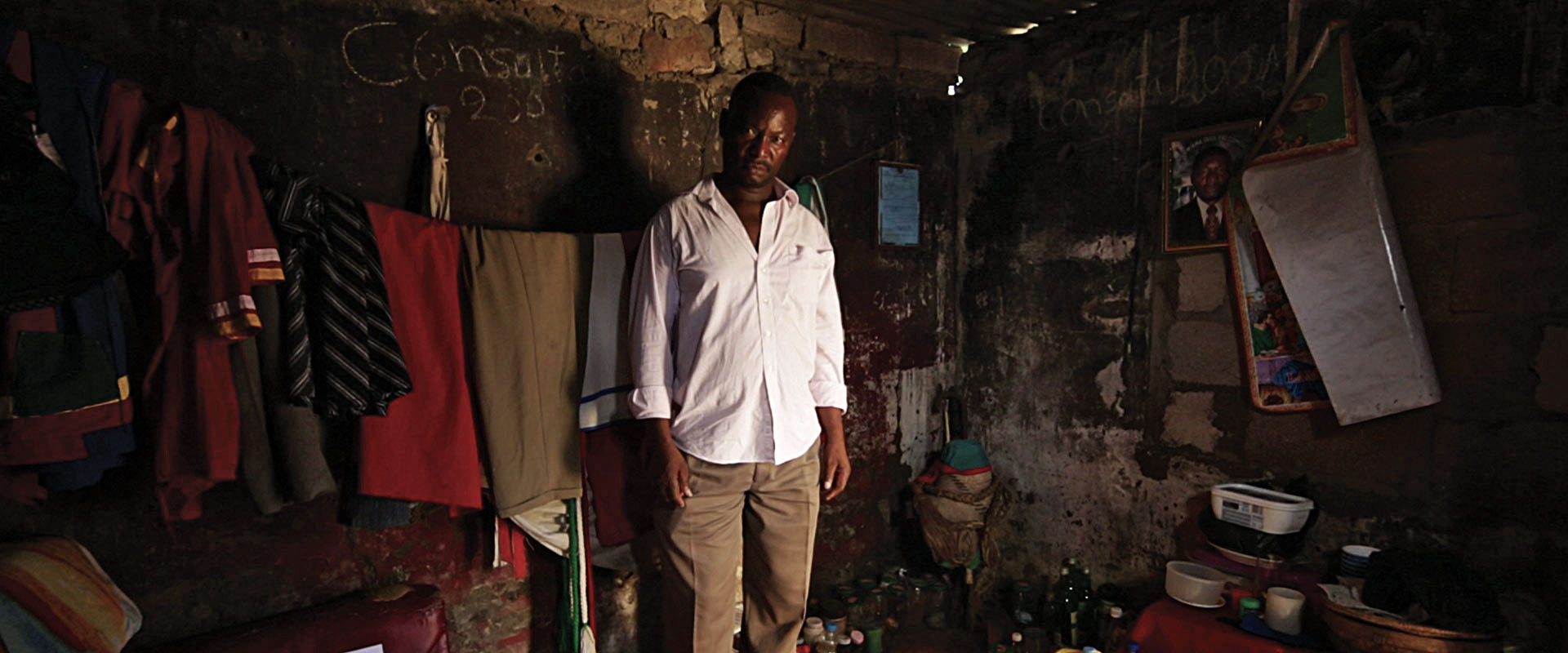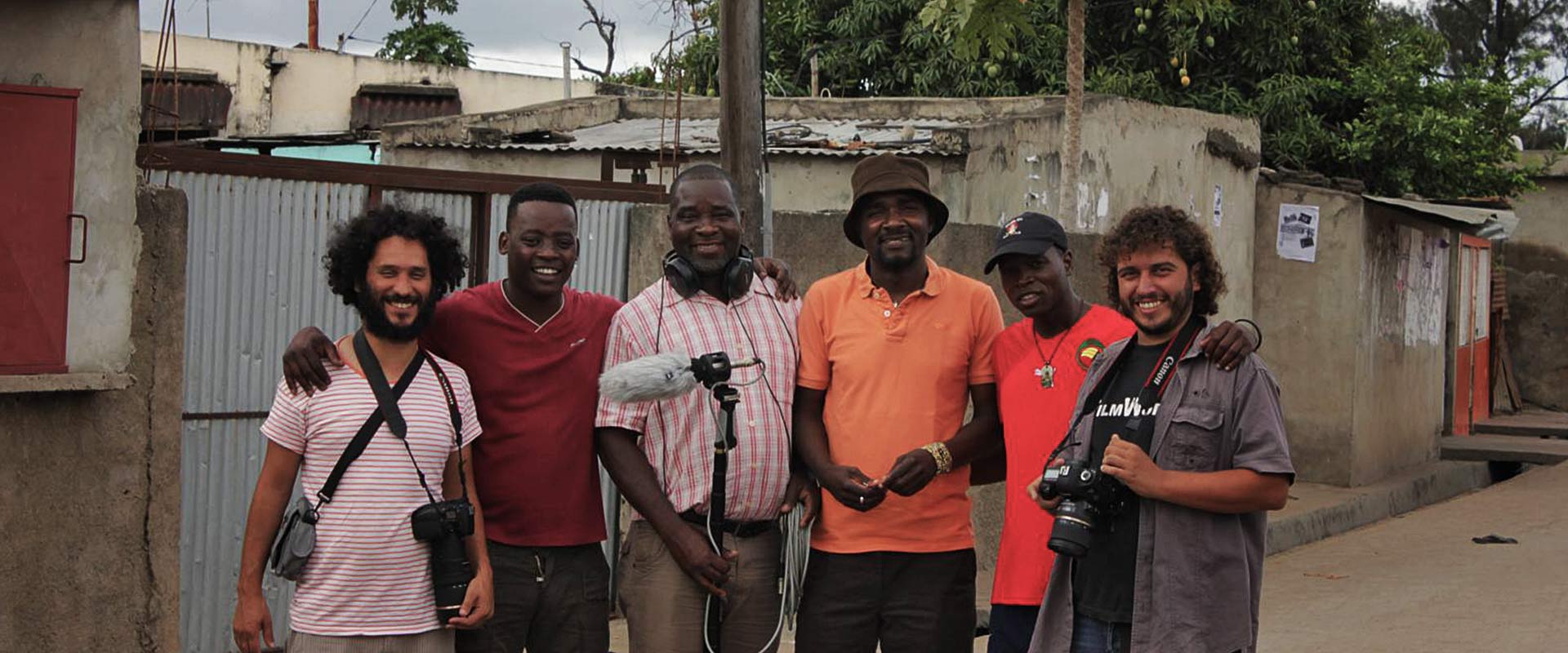This film is about the city.
The buildings are sprouting from the ground, the roads are feeding themselves from the neighborhood lots, the alleys of dirt become flooded with rainwater, people grow further apart, all in the name of progress. Maputo is a young African capital city emerging at the frenetic rhythm of the global financial demand. Some say it’s not meant for everyone.
People from different backgrounds welcome us into their neighborhoods and help us see through their eyes the real Maputo. Amongst them is Nhez, a wannabe rapper superstar that lives in the slums and waits for his chance in the spotlight, while selling executive suits in the city center to make ends meet. “Each man for himself”, he always says.


Maputo, Mozambique
The city of Maputo was named so after the independence in 1976, inheriting the same name as the river Maputo, bordering the south of the country. It is the political and financial capital of Mozambique, where most of the job opportunities and businesses are concentrated, but also where disturbing social disparities between urban, suburban and outlying areas are present. While the “city of concrete” has a population of 7.870 inhabitants per km², the Chamanculo A neighborhood has, in the same area, a population of 31.895, that works mainly in the informal market. The subhuman conditions in which they live, especially in the suburbs and outlying areas, perpetuate a cycle of urban poverty that contributs to a Maputo divided by social spheres.


Making Of
The main challenge of this documentary was to capture the diversity, heterogeneity and complexity of Maputo through its people. For 6 weeks we shot, with a small crew, 13 people in 26 different locations, who opened us the doors to their houses, consented that we followed their professional activities and revealed their innermost thoughts about the social boundaries of the city. Timelapses were used to capture the population flows, the vehicles, the movement in the streets, the buildings, the geometries and the city landscapes. The relationship we established with the characters in this daily flow, taking the time each narrative needed, was the vehicle to reach a human Maputo, ending the production with 85 hours of footage.
Stay Connected
- #maputofilm
- www.anima.co.mz
- maputofilm@anima.co.mz


